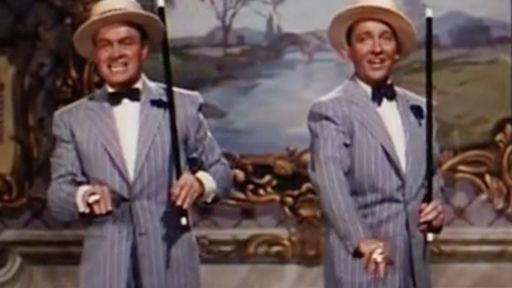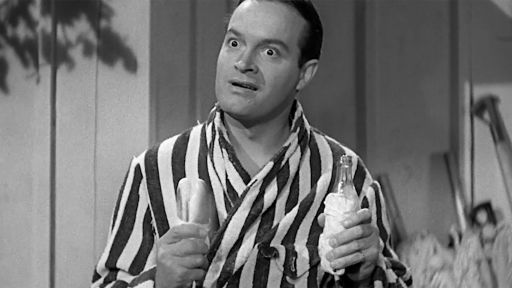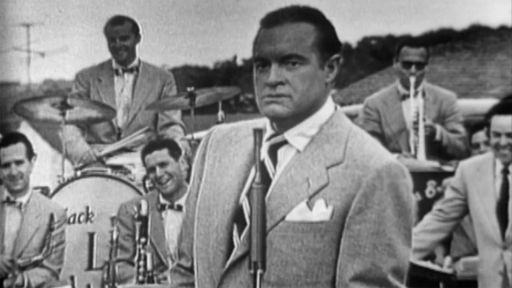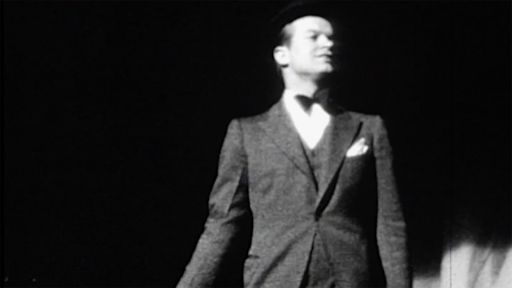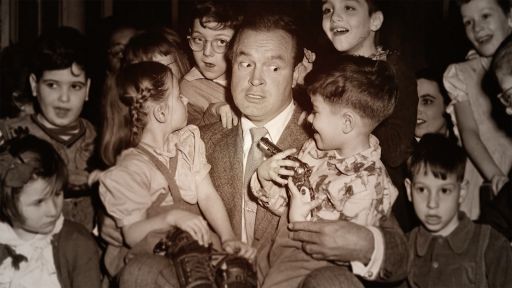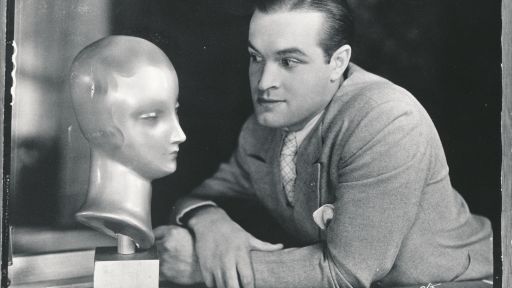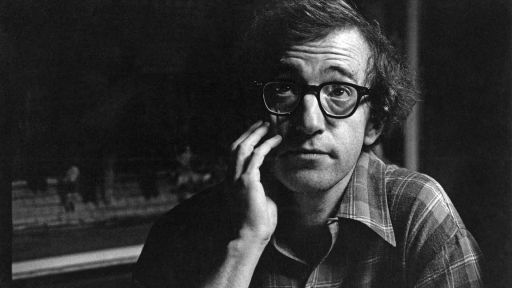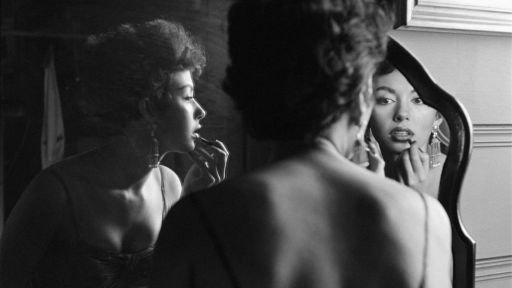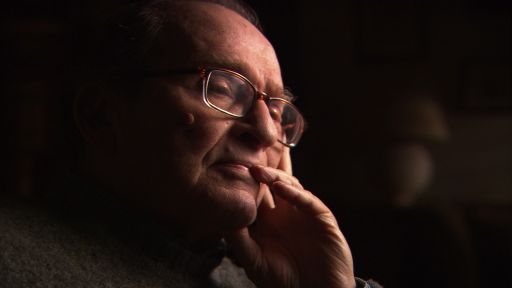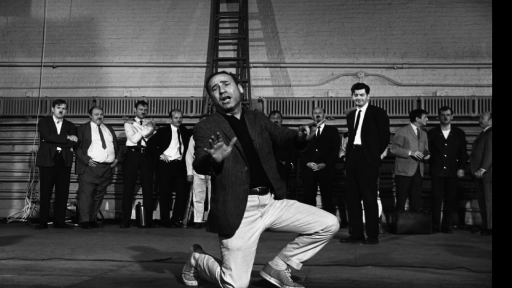Early Life
May 29, 1903 — Leslie Towns Hope is born in Eltham, England, the fifth of seven sons, to William Henry Hope and Avis Towns Hope.
1908 — The Hope family emigrates to the United States, settling in Cleveland.
1924 — Hope, working as one-half of a comedy dance team, joins a vaudeville revue touring small towns in the Midwest.
1927-29 — Hope splits up with his vaudeville partner, George Byrne, strikes out on his own, and changes his name to “Bob.”
Broadway & Radio
1932 — After nearly nine years of climbing the ladder in vaudeville, Hope lands his first major part in a Broadway show, Ballyhoo of 1932.
1933 — Hope co-stars in the Jerome Kern musical Roberta, where he meets nightclub singer Dolores Reade. The two soon marry and stay together for 69 years.
1935 — Hope gets his first regular job on radio, as emcee of NBC’s The Intimate Revue.
Hollywood
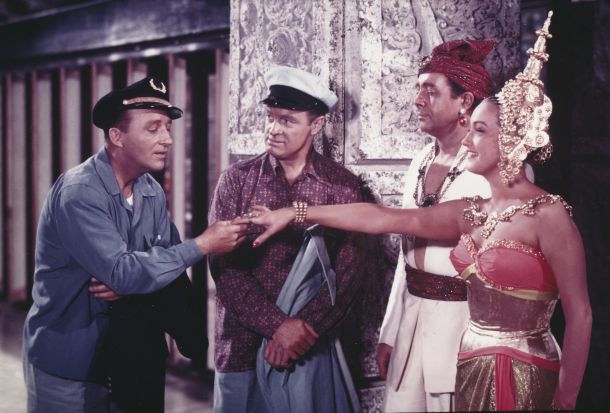 1938 — Hope is offered a contract by Paramount Pictures and moves to Hollywood. The Big Broadcast of 1938, Hope’s first feature film, opens nationwide and Hope’s musical number, “Thanks for the Memory,” is the film’s big hit. The Pepsodent Show, starring Bob Hope, makes its debut on NBC. The show is an instant success and makes Hope one of the top stars in radio.
1938 — Hope is offered a contract by Paramount Pictures and moves to Hollywood. The Big Broadcast of 1938, Hope’s first feature film, opens nationwide and Hope’s musical number, “Thanks for the Memory,” is the film’s big hit. The Pepsodent Show, starring Bob Hope, makes its debut on NBC. The show is an instant success and makes Hope one of the top stars in radio.
1939 — The Hopes adopt Linda, the first of their four children.
1940 — Hope is host of the Academy Awards ceremony, the first of 19 Academy Awards ceremonies that he will either host or co-host. Hope and Bing Crosby co-star with Dorothy Lamour in Road to Singapore, launching the enormously popular Road series.
USO & Work Abroad
1941 — In May, Hope takes his radio show to March Field, an Air Force base in Riverside, California — the first of scores of radio shows he will do from military bases across the country.
1943 — Hope leads a quartet of entertainers, including Frances Langford, Tony Romano and Jack Pepper, on a tour of U.S. military bases in England, North Africa, Sicily and Ireland — the first of his overseas wartime tours.
1947 — Hope is host of the first commercial television broadcast in Los Angeles, over Paramount-owned station KTLA.
1948 — Hope headlines a troupe to entertain U.S. troops participating in the Berlin airlift, beginning a Christmas custom.
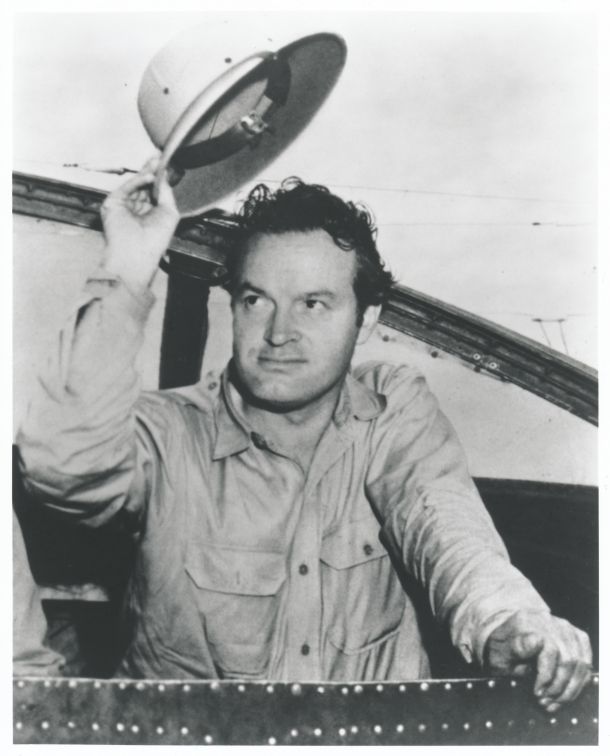 1950 — Hope stars in The Star-Spangled Revue, his first television special for NBC. Hope leads an entertainment troupe to Korea shortly after the start of the Korean War.
1950 — Hope stars in The Star-Spangled Revue, his first television special for NBC. Hope leads an entertainment troupe to Korea shortly after the start of the Korean War.
1953 — Hope is host for the first televised Academy Awards show.
1954 — Hope’s show at a Thule Air Force Base in Greenland is filmed and later broadcast on NBC — the first TV show to be filmed at an Army base outside of the United States.
1955 — The Seven Little Foys opens, a biography of vaudevillian Eddie Foy that gives Hope one of his best film roles.
1958 — Hope travels to Moscow to film a special for NBC, the first American TV program broadcast from behind the Iron Curtain.
1962 — The Road to Hong Kong, the last of seven Road pictures, is released.
1963 — President Kennedy awards Hope the Congressional Gold Medal.
1964 — Hope makes his first Christmas trip to entertain U.S. troops in Vietnam.
Later Life
1965 — The first Bob Hope Classic (formerly the Palm Springs Desert Classic), a popular professional golf tournament, takes place.
1970 — Hope is emcee for Honor America Day, an event on the Capitol Mall orchestrated by the Nixon administration to blunt the anti-Vietnam protests.
1979 — NBC telecasts Bob Hope On the Road to China, the first American TV special from the Communist country.
1985 — Hope is awarded a prestigious Kennedy Center Honor.
1990 — Hope travels to the Persian Gulf for his last overseas tour for the troops
1993 — Hope’s 90th birthday is celebrated with a star-studded, three-hour NBC special.
1997 — Congress pays tribute to Hope’s work for American troops by naming him an Honorary Veteran.
July 27, 2003 — Bob Hope dies at his home in Toluca Lake, California.
Major support for This is Bob Hope… is provided in part by the National Endowment for the Humanities, National Endowment for the Arts, and Roslyn Goldstein. Major support for American Masters is provided by AARP. Additional support is provided by Rosalind P. Walter, The Philip and Janice Levin Foundation, Ellen and James S. Marcus, Judith and Burton Resnick, Vital Projects Fund, Cheryl and Philip Milstein Family, The Blanche & Irving Laurie Foundation, and public television viewers.
The filmmakers and American Masters would like to thank our advisors for their time and expertise in making this documentary: James Baughman, Thomas Doherty, Michael Frisch, Kristine Karnick, Laurence Maslon, Clayton Koppes, Robert Snyder and Kathryn Fuller-Seeley.


